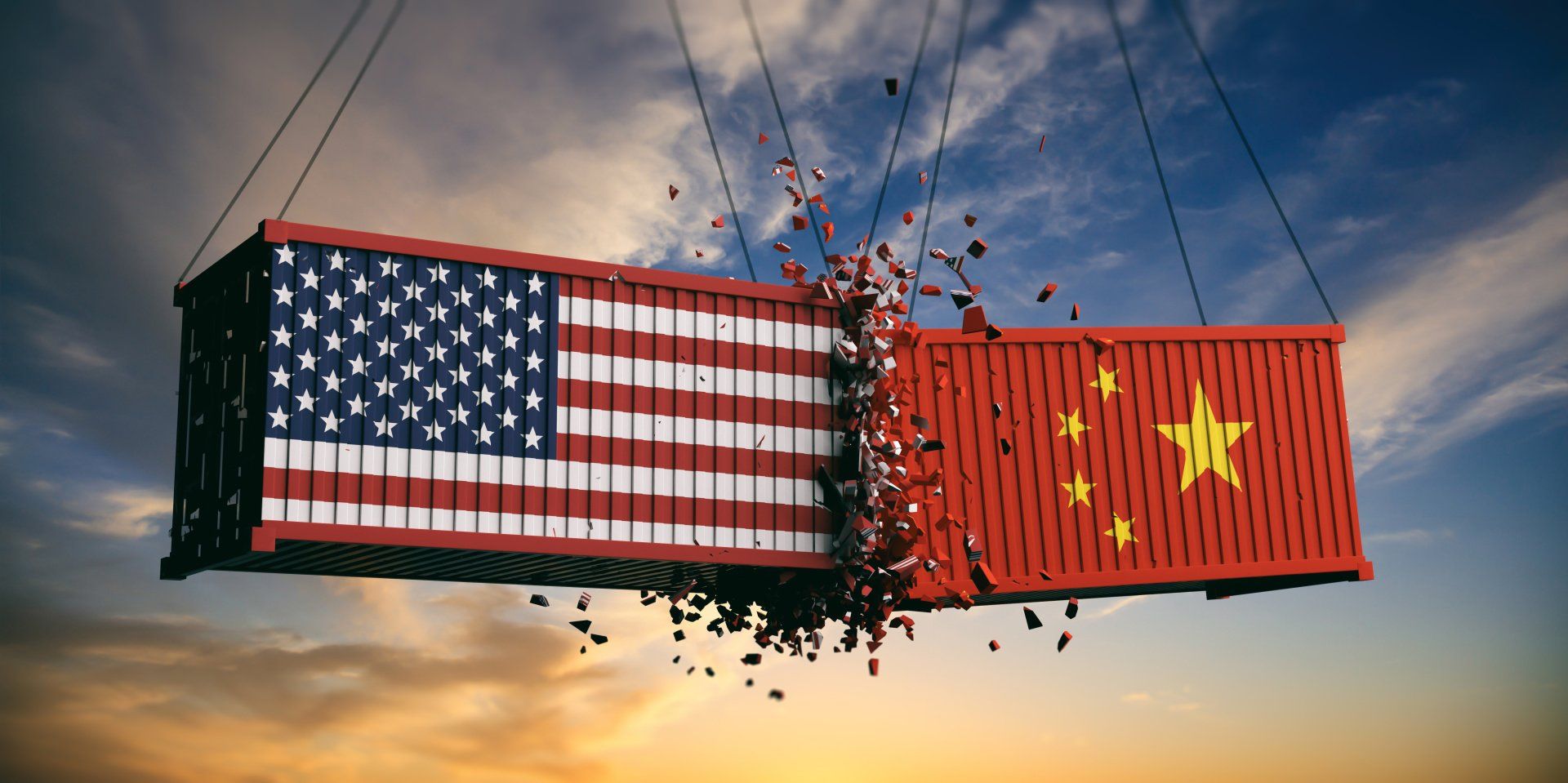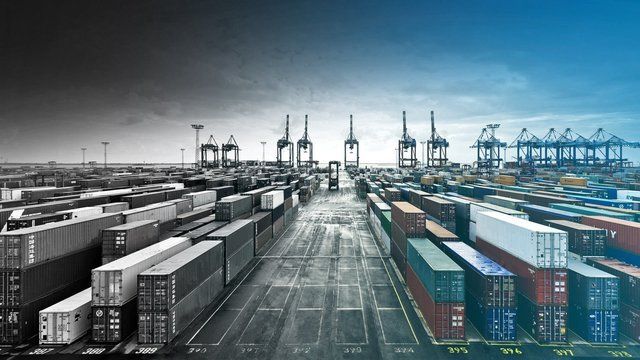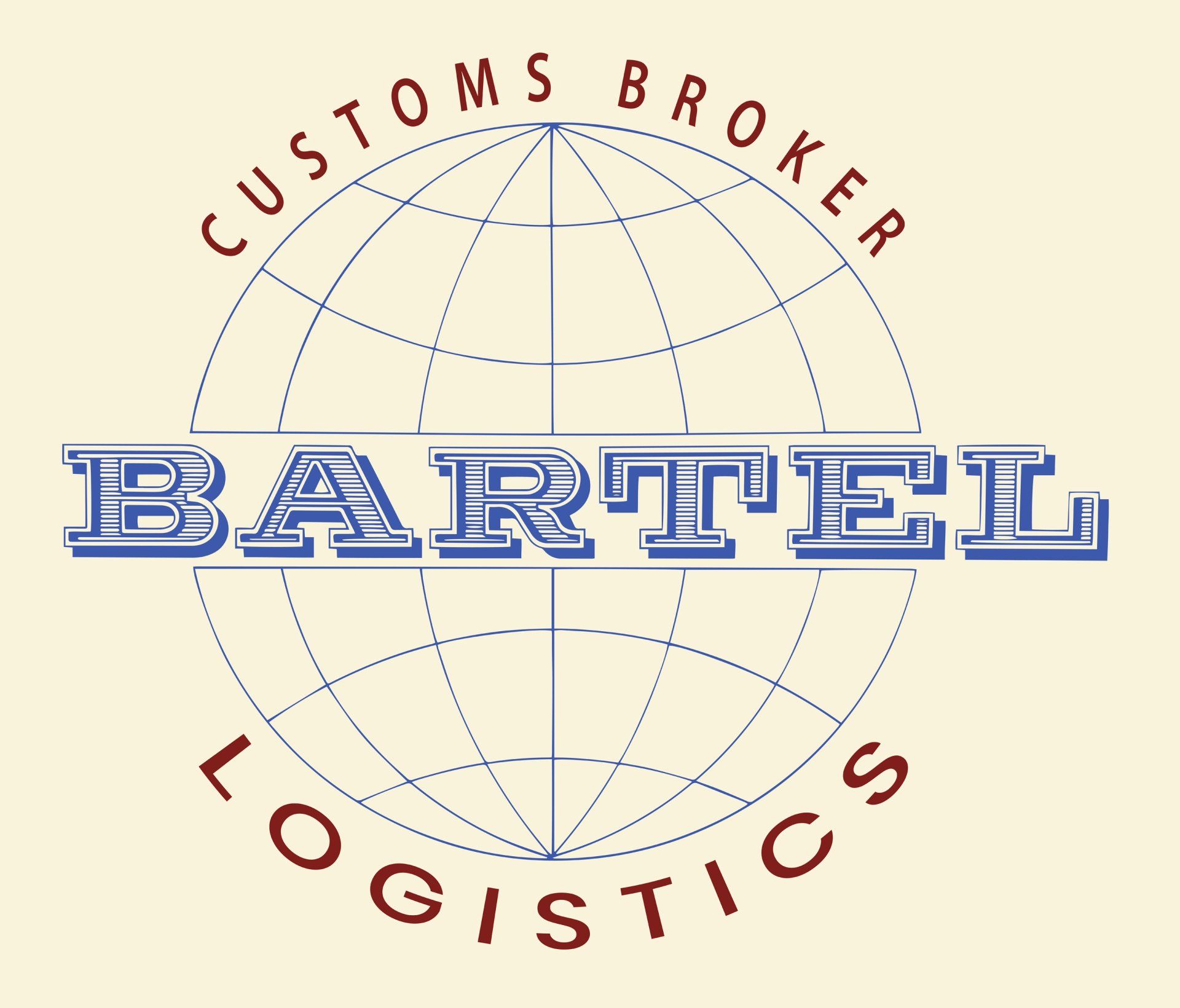Is Your Product Affected By China Sanctions

As an importer, you constantly need to check for updates in importing laws and regulations. Having good knowledge of the laws and regulations surrounding your imports is important to understand the prices of your goods. One of the newer regulations recently changed is Section 301C.
What is Section 301?
Section 301 is part of the Trade Act, which came to be in 1974. It empowers the United States to partake in and enforce trade agreements with foreign countries. 301C allows the U.S. to make trade sanctions with countries that don’t follow trade agreements or countries that engage in unfair trade practices.
Most of the time, the way the U.S. enforces Section 301 is to raise the tariffs on imported goods from the offending country. This helps the U.S. recoup money from broken trade agreements.
301 allows the U.S. to place varying tariffs on different products. This list of products is known as the retaliation list. These products are typically chosen by the current president of the United States and is influenced by their trade policy. Section 301 covers a wide variety of products, which can be found on the OTNA retaliations page here .
What are the Recent Changes?
Section 301 has seen many revisions to its retaliation list. Most recently, the retaliations list has been updated to include products from China. This update is called Section 301C. This was partly due to a finding by the U.S. Trade Representative, which found that China had undermined U.S. businesses who operate in China.
Because of this finding, the President of the United States has published a trade action to increase tariffs of certain Chinese goods up to 25%. These goods can be found on the OTNA website or contact us at info@bartelshipping.com for further information.
Though trade negations are still continuing, importers can expect to find some of their goods on this growing list.
How Do Goods on the Retaliation List Affect Importers?
If you import a good that is on the retaliation list, there are a few things you need to know. First, importers can expect their goods’ price to increase due to tariffs. Second, importers can expect tariff rates to fluctuate until the United States and China come to a final agreement. Third, importers need to stay aware of the retaliations list because their products may make their way on to it, especially if they’re imported from China.
A constantly changing retaliation list may be difficult to keep up with. For that reason, a U.S. customs broker can help you. If you’re interested in learning more about a customs broker for your imports, click here.


